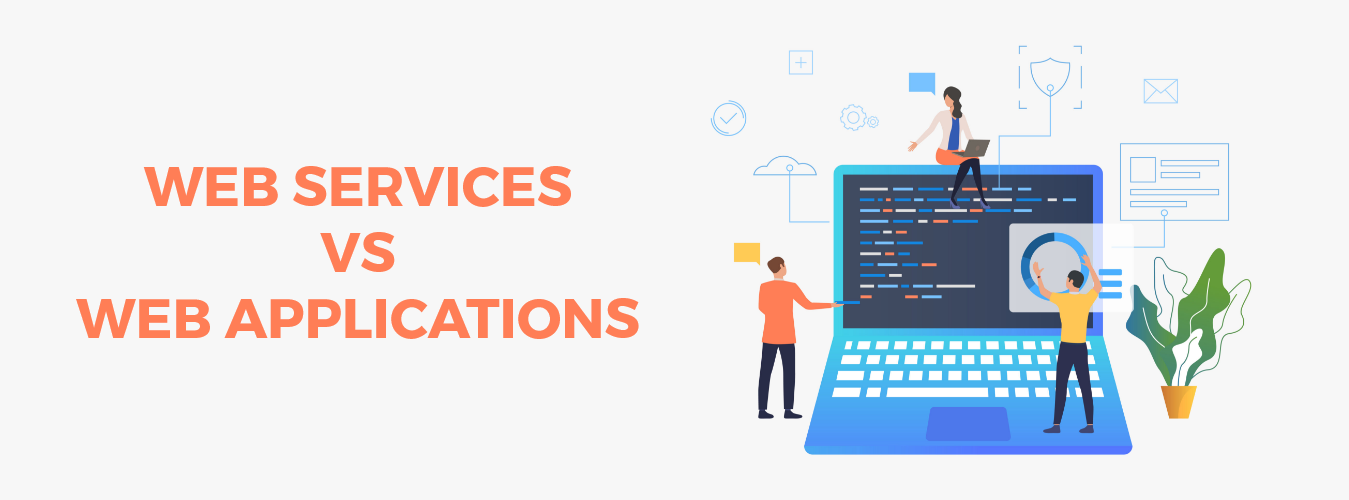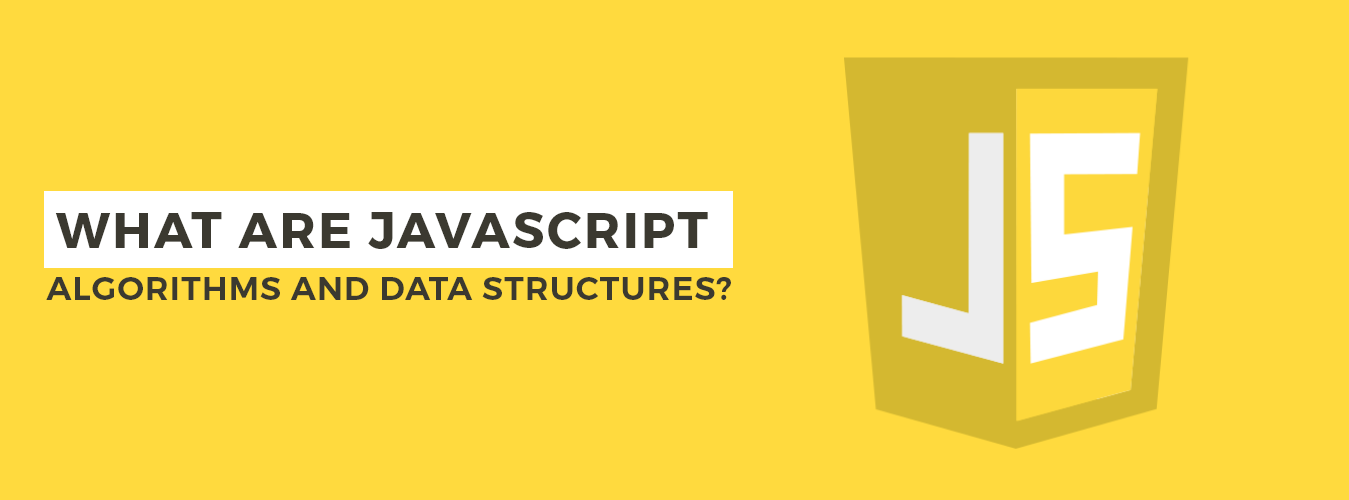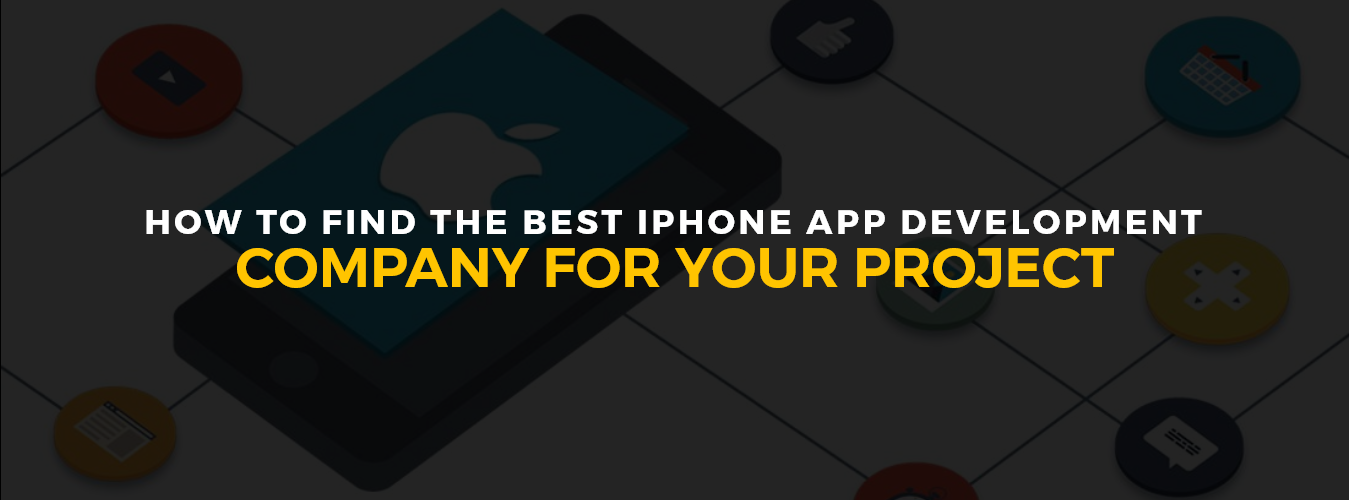Crafting Your Ideal Mobile App/Experience Starts Here!
Ready to elevate your business? Your custom app is just a click away.
Yes Let’s goOverview
Selecting the best e-commerce site can be challenging. Two well-known systems that provide particular features and advantages are Magento and Shopify. The decision between Magento vs Shopify ultimately comes down to your company’s requirements, available funds, and technical expertise.
The following are some crucial variations between Magento and Shopify:
Cost
The price of both Magento and Shopify varies depending on the plan, features, and extra costs, among other things. Here is a more thorough comparison of the prices for the two platforms:
Shopify:
- Transaction fees: 2.4% to 2.9% plus 30 per transaction (depending on the plan);
- Additional costs: third-party applications, themes, and design services;
- Basic Shopify plan: $39 per month;
- Shopify plan: $105 per month;
- Advanced Shopify plan: $399 per month
Magento:
- Free Community Edition
- Magento Commerce: Monthly prices begin at $1,988 (billed annually)
- Extra costs: hosting, development, upkeep, third-party applications, templates, and design services
Although Magento’s community edition is free, it’s important to remember that the extra costs can add up fast, particularly if you need to hire a developer to set up and maintain your site. However, if you make a lot of sales, Shopify’s transaction fees can also build up quickly. For tiny businesses or those on a tight budget, Shopify might be a more affordable choice. However, for bigger companies with more complex needs and larger budgets, Magento might be a superior option.
Easy of use
Compared to Magento, Shopify is typically considered a tool that is easier to use. Some of the causes of this are listed below:
Setting Up and Installing
Shopify has a simple setup procedure that takes only a few minutes to finish. On the other hand, Magento needs more technical know-how and proficiency to set up.
The user interface of Shopify is simple to use and intuitive, making it simple for users to add goods, manage orders, and personalize their store. Conversely, Magento has a more demanding learning curve and can be overwhelming for new customers.
Customization
Shopify’s drag-and-drop interface and visual editor simplify for users to modify their store without any coding experience, even though both platforms offer customization options. On the other hand, the customization of Magento calls for some technological know-how.
Third-party Plugins and Apps
Many plugins and apps are available in Shopify’s expansive app store, which can be quickly installed and incorporated into your store. Although Magento has a sizable developer community and third-party extension market, integrating these into your shop might require technical know-how.
Compared to Magento, Shopify is usually considered a more user-friendly platform. Its user-friendly setup procedure, intuitive UI, and drag-and-drop customization options make it a fantastic option for users with little to no technical knowledge. Despite its longer learning curve, Magento might be a better option if you need more complicated requirements or advanced customization options.
Also Recommend: shopify integration with wordpress
Customization
Magento vs Shopify customization, Magento provides more freedom and choices than Shopify. Here are some things to think about:
Templates and Themes
Various themes and layouts are available from Magento and Shopify, allowing you to personalize your store’s appearance. On the other hand, the themes offered by Magento are frequently more programmable, giving you more precise control over the look and feel of your shop.
Access on a code-level
Magento gives developers access to the code level of your store, enabling them to make more sophisticated customizations and changes to the operation of your store. However, for security considerations, Shopify limits access to the code level.
Third-Party Apps and Extensions
Both platforms provide third-party apps and extensions that can enhance your store’s features and usefulness. Nevertheless, Magento has a more vibrant developer community and third-party extension ecosystem, which can offer more sophisticated customization options.
The integration of APIs
Both platforms provide APIs and integration options that let you link your shop to various external platforms and systems. However, Magento’s APIs are frequently more powerful and adaptable, enabling more sophisticated integration choices.
Magento gives more flexibility and sophisticated customization options compared to Shopify’s selection of customization options. Magento might be a superior option if your particular needs necessitate extensive customization or alterations to the functionality of your store. However, you can work with Custom Shopify Development Services if you want a more straightforward, user-friendly platform with fundamental customization choices.
Scalability
Scalable eCommerce platforms like Magento and Shopify can support companies of all kinds. There are some variations in their approaches to scaling, though.
Magento
Because it is a highly customizable open-source platform, it is ideal for more prominent companies with complex needs. It is capable of managing huge catalogs with a large number of goods, heavy traffic, and complex integrations. Additional scalability features Magento Commerce provides include advanced caching, improved speed, and increased security.
Shopify
A cloud-based platform called Shopify provides a number of scalable plans to accommodate the requirements of companies of all sizes. The infrastructure of Shopify includes functions like automatic scaling and unrestricted bandwidth, and it is built to manage large volumes of traffic and transactions. Shopify Plus also provides extra scaling features like a customized checkout, sophisticated APIs, and specialized support.
Scalable eCommerce platforms that can support companies of all kinds include Magento and Shopify. But larger companies with more intricate needs are better suitable for Magento. Shopify is also an excellent choice for small to medium-sized companies that require a flexible solution that can expand with them over time.
Also Recommend: shopify domain transfer
Security
Both Shopify and Magento take security very seriously and provide various features and safeguards to ensure your eCommerce shop is safe and secure.
Two-factor authentication, encryption, PCI compliance, and various security patches and updates are just a few of the security features that Magento provides. In addition, Magento has a sizable and engaged developer group that works to find and fix security flaws.
Several security features are available through Custom Shopify Development Services, including SSL encryption, PCI compliance, two-factor login, and fraud detection tools. Shopify also provides uptime assurances, automatic backups, and a variety of security patches and updates.
Both Magento and Shopify take security carefully and provide various features to ensure your eCommerce store is safe and secure. It’s crucial to remember that the shop owner is also responsible for the security and the platform. Therefore, adhering to best practices like creating powerful passwords, updating your software and plugins frequently, and being watchful for potential security threats is crucial.
Conclusion
The ideal platform for your company ultimately relies on your unique requirements and objectives. For small to medium-sized companies looking for a user-friendly platform, Shopify is a great option. For bigger, more intricate eCommerce websites that need extensive customization and technical know-how, Magento is ideal. Before choosing between the two platforms, it’s critical to do some study and comparison.
Crafting Your Ideal Mobile App/Experience Starts Here!
Ready to elevate your business? Your custom app is just a click away.
Yes Let’s go







